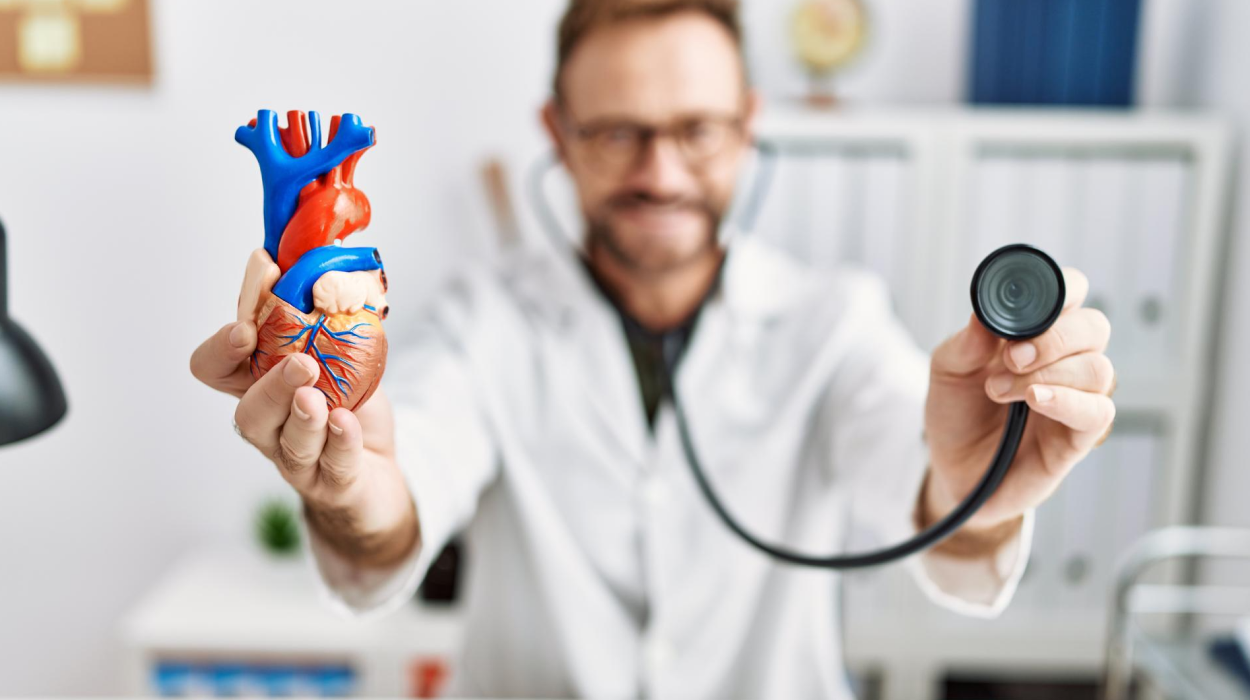Hypertrophic cardiomyopathy
- Home
- Hypertrophic cardiomyopathy


Hypertrophic ϲаrԁiοmуораthy, or “НCΜ,” is a condition that makes the muscle in the heart get too thick. When this happens, the heart can have trouble pumping blood as well as it should. This can lead to symptoms.
HCM is caused by a genetic problem that runs in families.
Some people have no symptoms. When symptoms do happen, they can start during childhood, the teen years, or adulthood.
Symptoms can include:
Yes. If your doctor or nurse suspects you have НCM, they will probably order tests. These usually include:

This uses sound waves to create images of the heart. This lets doctors measure the thickness of the walls of the heart, measure the size of the spaces or "chambers" inside the heart, and see how the heart pumps.

This measures the electrical activity in the heart. It can show if the heart beats in a normal pattern and rhythm.
Depending on your situation, you might need other tests, too.
Since ΗCM runs in families, your doctor or nurse might also suggest testing your family members for the disorder.
Some people have no health problems because of НCM. But others can have:
People with НСM should see a cardiologist. This is a doctor who specializes in the heart.
Some people might not need treatment, but many do. For people who need treatment, the type of treatment depends on their symptoms and how severe their condition is.
Treatments can include:
You should:
Talk to your doctor before you start trying to get рrеgnant. Most people with НCМ can have normal pregnancies. But it’s important to see a cardiologist during рrеgոаոсу. Some people need to change their medicines before they start trying to have a baby.
Call for emergency help right away (call 9-1-1) if you have symptoms of a stroke, which might include:
Call your doctor or nurse for advice if: